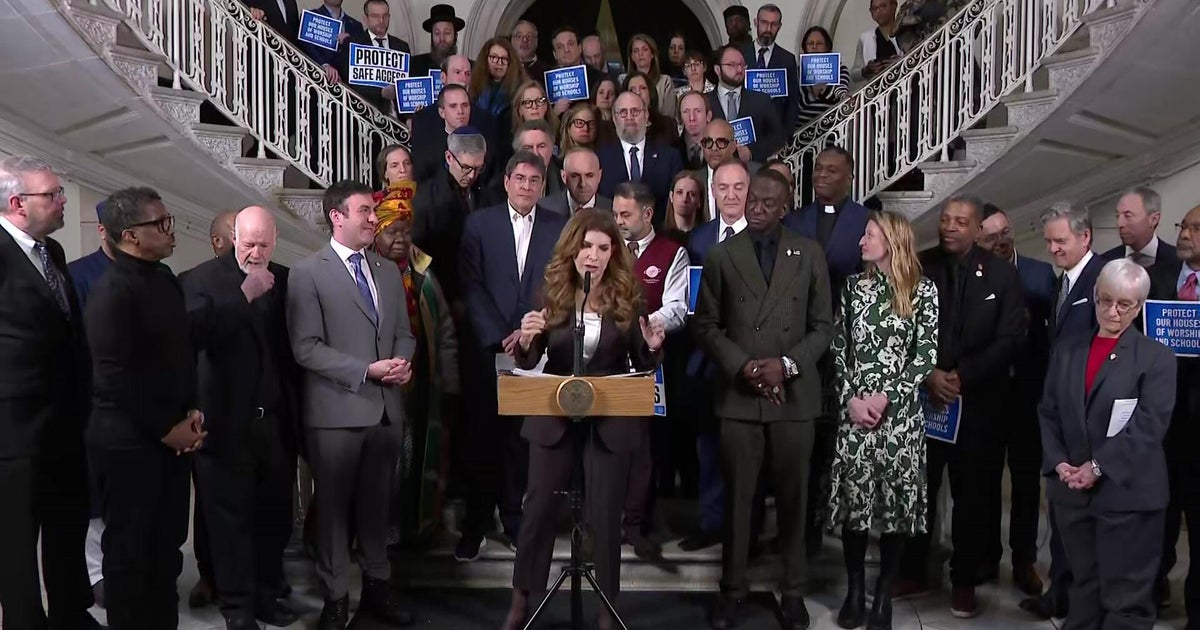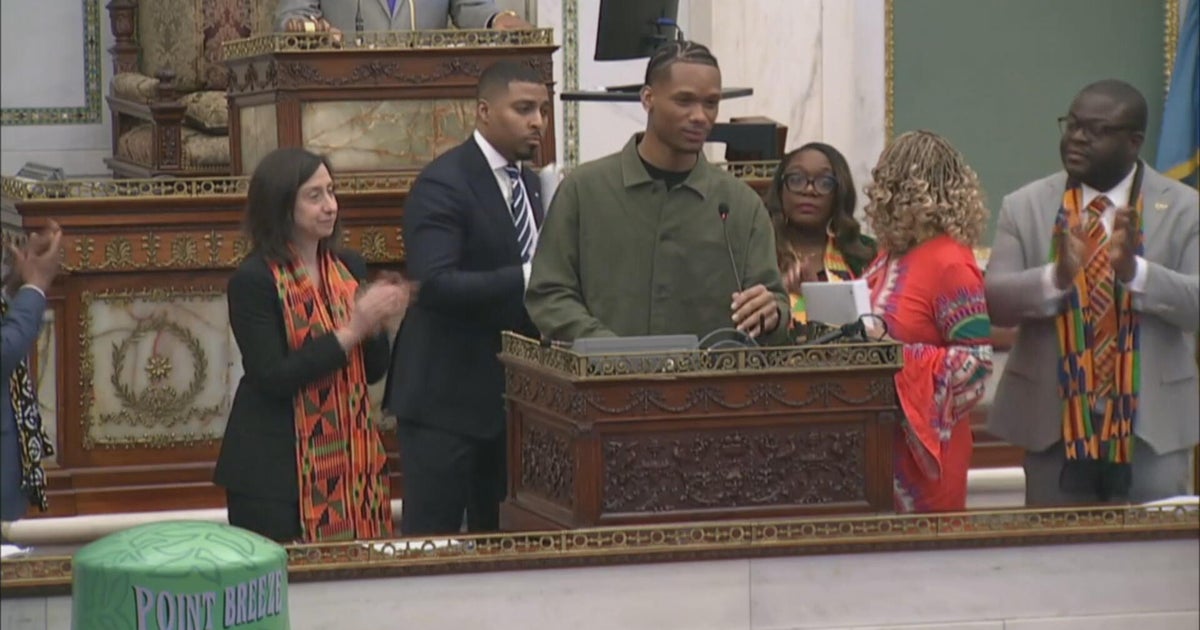Big endorsement could shake up Denver's mayoral race
With 17 candidates on the ballot for Denver mayor in two months, former Gov. Bill Ritter could have easily just watched the race for the sidelines. "I'm pretty careful about endorsements," he said.
Instead, he weighed in, not only as a former governor, but as a Denver native and district attorney, who spent 20 years fighting crime in the city: "I believe she's the leader we need for the time we're in."
The former head of the Denver Chamber of Commerce, Kelly Brough worked for the city for years and, Ritter says, helped reshape Denver's, and ultimately, the country's approach to drug crime.
She was a policy analyst for city council in 1994 while Ritter was district attorney, when the city launched one of the first drug courts in the country.
"That's a tough pivot for people in law enforcement, it's a tough pivot for a lot of people in the community," Ritter recalled. "Kelly facilitated all the stakeholders in a long and hard process."
Thirty years later, Denver is at a crossroads once again as homeless encampments take root and drug addiction and mental illness take a toll.
Brough's husband is among the victims. For years, she says, he struggled with addiction before taking his life: "You're, every day, trying to figure out how yoo love and support someone but not enable the behaviors that are destroying them and you family. I think this exactly the tension that we're struggling with in society."
While incarceration isn't the answer to addiction, she says, fentanyl has raised the stakes. The legislature, she says, needs to revisit whether any amount of fentanyl possession should be a misdemeanor: "I think we continually have to go back and ask if we got it right. I'm concerned too."
She's also concerned about policies that make sobriety a barrier to housing but, she says, people can't camp on city sidewalks either.
She vows to end encampments within a year and hire nearly 200 more police officers.
"I think there are ways we can engage a broader community to be interested in these kind of jobs especially if they see us really supporting our officers and the tough decisions they have to make while also taking responsibility when they get it wrong," she said.
Brough says she wrote a public safety plan with input from a former public safety manager and former ACLU director, along with Ritter, to avoid policy that's on the extremes.
While the plan is lacking in specificity, Ritter says, Brough's track record on criminal justice reform is clear: "Criminal justice reform should not be four letter word. It should be something that we're always thinking about as, 'how do we get this right?' and I trust Kelly to be able to lead that conversation."
In addition to the Denver Chamber, Brough served as John Hickenlooper's chief of staff when he was mayor and she sat on the civil service commission, which hires and disciplines officers: "I think I still have something to contribute and I want to leave a city to my own daughters in a manner I'm really proud of and I don't think we're there yet."








